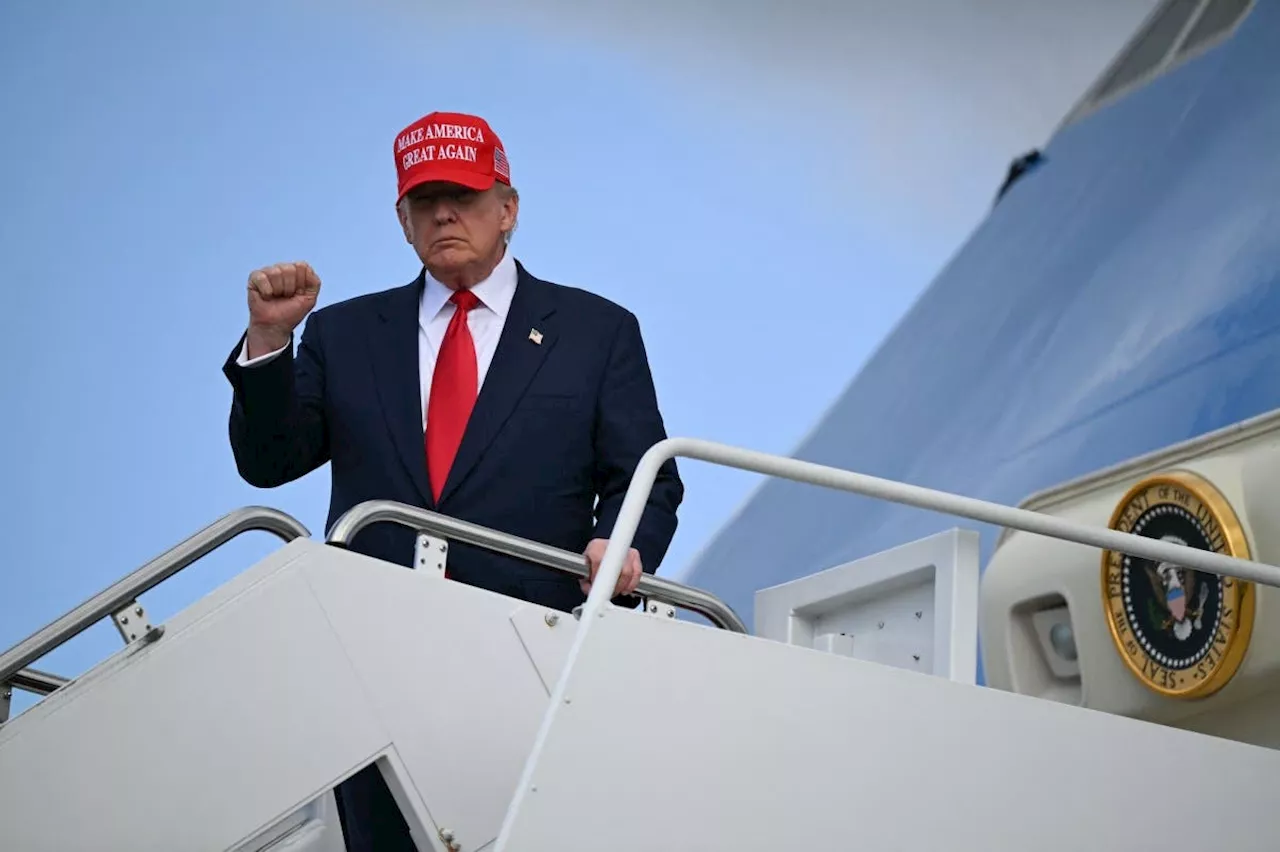Steve Bannon’s assertion that former President Donald Trump will serve a third term has ignited significant debate within the Republican Party. During a recent interview, Bannon claimed that Trump is “going to be president in ’28,” a statement that directly contradicts the explicit limitations set by the 22nd Amendment to the U.S. Constitution. This situation presents a major challenge for Republican lawmakers, who must navigate the implications of such a contentious declaration while the world observes the stability of American democracy.
The 22nd Amendment, ratified in 1951 following Franklin D. Roosevelt‘s unprecedented four-term presidency, clearly states that “No person shall be elected to the office of the President more than twice.” This constitutional safeguard aims to prevent any leader from consolidating power indefinitely. Despite this clear language, Bannon suggested that Trump’s inner circle is exploring alternatives to circumvent this restriction, although he did not provide specifics.
Rumors have circulated about a potential workaround involving Trump running as vice president under a nominee loyal to him, allowing him to reclaim the presidency if that nominee steps aside. However, the 12th Amendment further complicates this scheme, stating that anyone ineligible for the presidency cannot serve as vice president. Therefore, this proposal lacks constitutional validity.
Another suggestion that has emerged is amending the 22nd Amendment itself, a process requiring two-thirds approval in both chambers of Congress and ratification by three-fourths of state legislatures. Given the current political polarization, achieving such consensus appears implausible.
Bannon’s rhetoric may serve a more strategic purpose than mere speculation. By continually suggesting a Trump 2028 campaign, he aims to normalize ideas that would typically be considered unacceptable. This tactic poses a challenge to the rule of law, testing how far the Republican base will tolerate undemocratic notions before they push back.
The implications extend beyond Bannon’s declarations. The U.S. Supreme Court would face a significant challenge if it were required to rule on the legality of a potential third Trump term. The Court’s authority has already been questioned amid partisan struggles, and any perceived capitulation to political pressure could further undermine public trust in its impartiality.
The Republican Party is at a crossroads. Many lawmakers recognize that endorsing a third term for Trump would undermine the Constitution. Yet, the silence from numerous representatives reflects a fear of retribution from their constituents, many of whom remain staunchly loyal to Trump. This apprehension has cultivated an environment where some lawmakers choose to ignore the gravity of the situation.
As discussions about a possible Trump presidency in 2028 continue, they highlight how Trumpism has reshaped the political landscape, making once-unthinkable concepts part of mainstream dialogue. The ramifications of this shift are profound, as they challenge the foundations of American democracy.
The international community is observing the situation closely, grappling with the implications of a superpower navigating such turbulent political waters. The ongoing discourse around Trump’s potential return to power raises essential questions about the resilience of democratic institutions and the rule of law in the United States.







